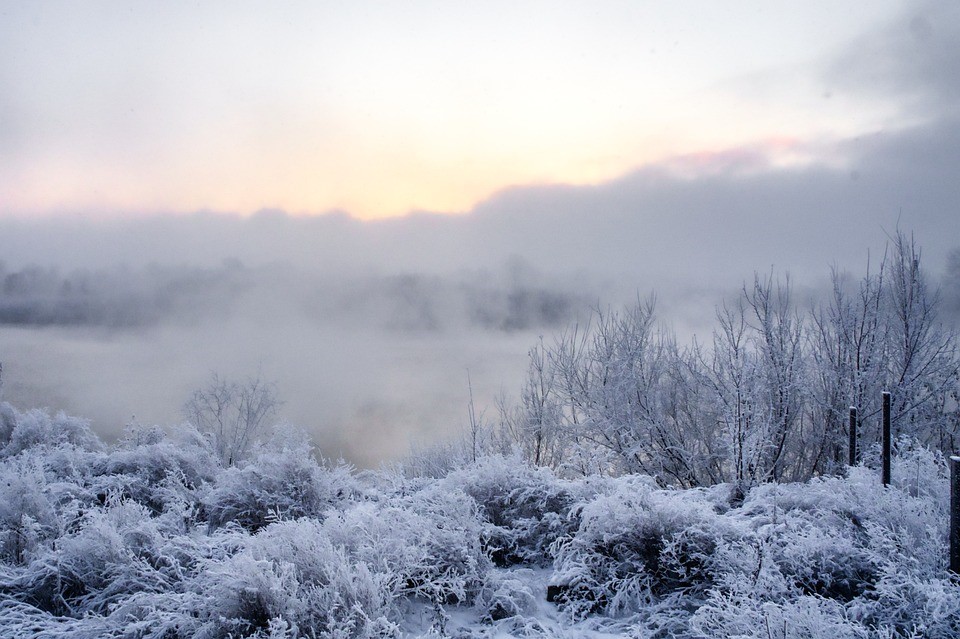Events in Ukraine draw the world’s attention to western Russia, but there is also another active area of interest to analysts studying the Sino-Russian relationship.
Eastern Siberia is what some in February are calling a “raw materials pantry” for China. Almost 14 months ago, Vladimir Putin opened the Kovykta gas field in a ceremony commissioning the site. Its reserves, estimated at 1.8 trillion cubic meters of natural gas, are almost exclusively sent through the Power of Siberia pipeline to China. It is expected to carry 27 billion cubic meters of gas annually to China while Russian citizens in the region are forced to use firewood and coal to heat their homes through the freezing Siberian winters. Only one percent of Russian homes in the Irkutsk region use gas, although last month the Nezavisimaya Gazeta reported that Moscow is promising to raise that amount to 3.22% at some future date. “In truth, for Moscow, maintaining strong relations with Beijing seems to be much more important than the well-being of its own citizens,” says Vadim Shtepa, writing in the Eurasia Daily Monitor this week.
Despite Russia’s full-scale war in Ukraine, EU member countries at first continued purchasing massive amounts of Russian raw materials which helped finance Putin’s war machine, notes Shtepa. Recent reports indicate that for 2022 Russia may have grossed almost $285 billion in energy sales. Much of that came from Europe in the early days of the war. As European states began rejecting Russian energy exports, Moscow turned to the east and its energy importing partner – China. By last summer Russia was exporting 7.6% more over 2021 numbers. That equates to 1.68 million barrels a day and makes Russia China’s top supplier of oil.
Russia is replacing its European customers with its communist neighbor but at a deep discount. As many analysts in Washington point out, China is the dominant partner controlling the relationship. Beijing receives about a 30% discount on world market prices of oil and gas. This helps resolve a second political problem for Moscow, according to Shtepa. “By expanding raw material exports to China…[it is able] to ensure China’s neutral position regarding Russia’s military campaign against Ukraine, since Moscow has been unable to trigger formal support from Beijing.” Xi Jinping and the CCP leadership are keenly aware of the potential impact of sanctions on China should it become too closely tied to support of the Russia war effort in Ukraine. Although Russia is unlikely to earn an endorsement of the war or convince Beijing to sell it more advanced weapons, the energy sales do compensate for about 20% of revenues lost from European sanctions, according to Alexei Gromov, director of the Moscow Institute of Energy and Finance.
Although some in eastern Russia fear a Chinese attempt to seize Siberian and the Far Eastern territories by force, Shtepa says that “Beijing does not need to do this, as Moscow itself provides the necessary access and resources for virtually nothing.” Chinese companies already control thousands of acres of forests with long-term leases. He argues that Russia’s Far East has de facto been turned into a joint Russian-Chinese raw material colony. Moscow, for the most part, ignores local infrastructure needs in Siberia and its Far Eastern territories. The Russian state Duma has effectively abolished local self-governments and incorporated them in Putin’s “vertical of power” in Moscow, according to the Russian government. Putin’s treatment of the region has not gone unnoticed by the local indigenous populations. There are signs of discontent and frustration over their treatment by Moscow. Some see the government as viewing them as less important than the natural resources of the region. While others accuse Putin of pushing potentially danger energy projects on them without concern for those living in the region. Over the last year this has led to an increasing willingness to protect with some in Siberia calling themselves separatists.
It could result in the fruition of Putin’s worse fear: a two front war which would be hard for Moscow to win while still fighting in Ukraine. It may be the opening China has been quietly waiting for, to recover the one million square miles of Siberia and the Far East it lost after World War II.
Daria Novak served in the U.S. State Dept.
Photo: Pixabay
